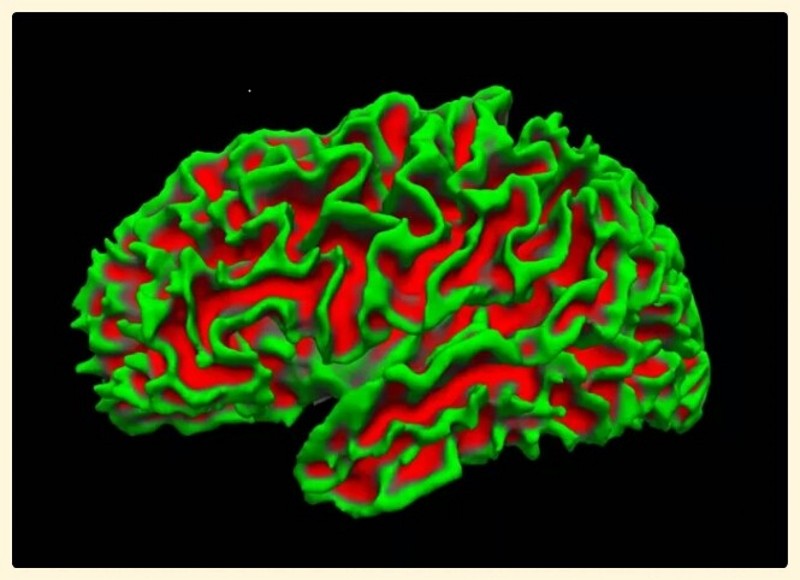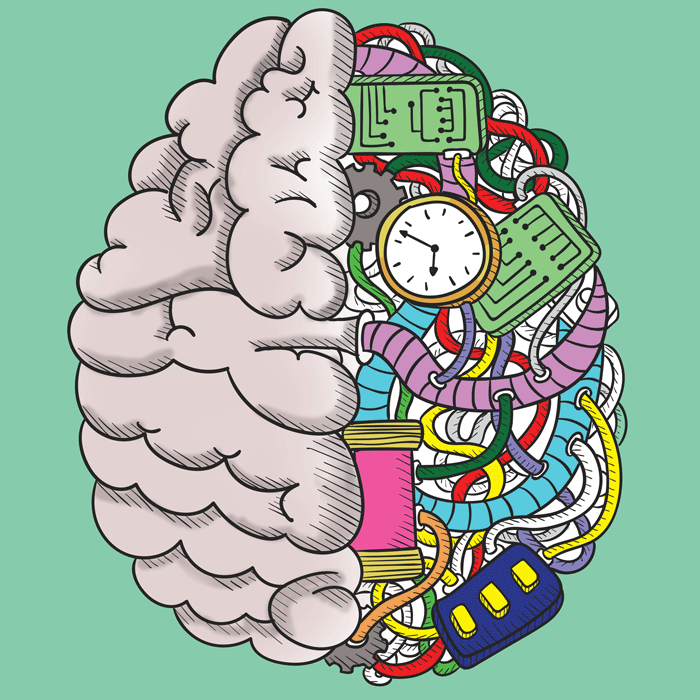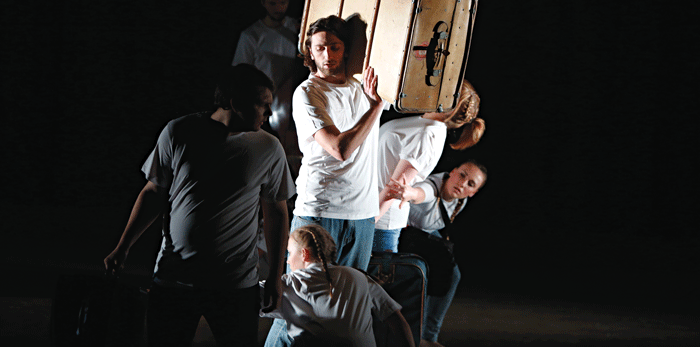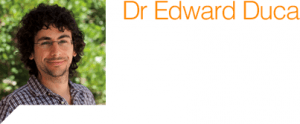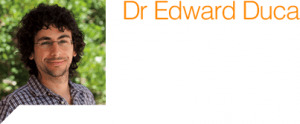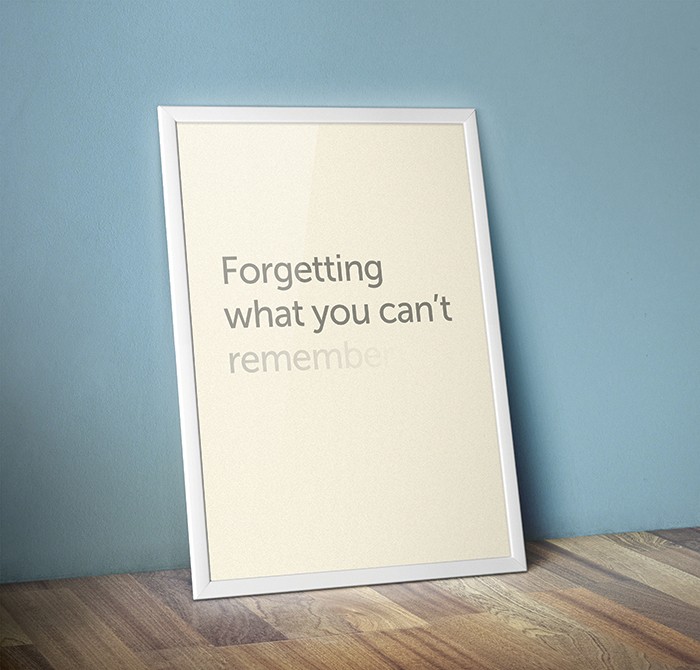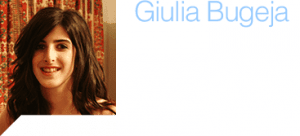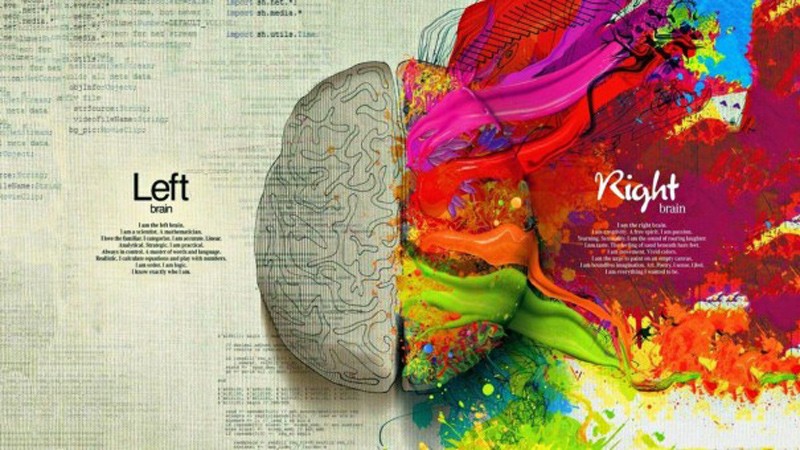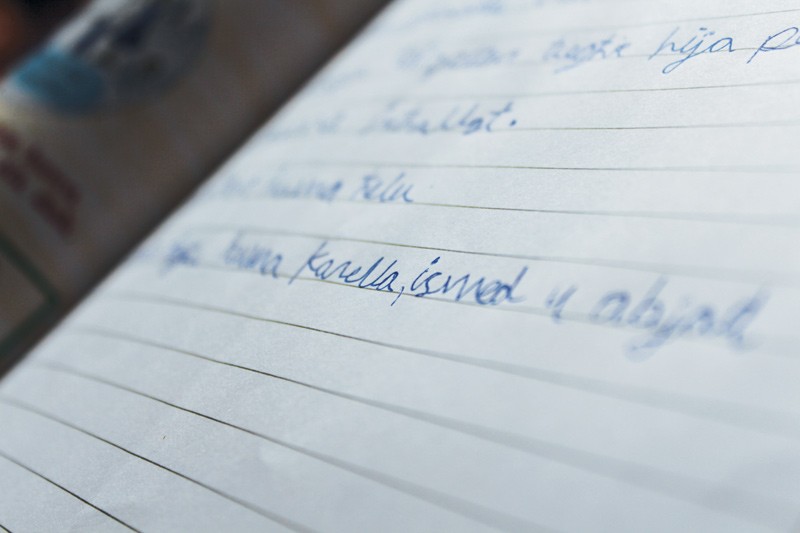Sleep, Nerves, and Maltese Neuroscience
By Claude Bajada
In the previous edition of Think, Professor Giuseppe DiGiovanni announced the launch of the Malta Neuroscience Network. The group has now had its first public seminar that attracted neuroscientists, neurologists, psychologists and psychiatrists. It consisted of two talks by world-renowned researchers.
Final Frontier: Our Brain
Prof. Giuseppe Di Giovanni
Coordinator of the new Malta Neuroscience Network
Fusing philosophy and performance
 Interdisciplinary research and practices blur boundaries. While the premodern approach to research distils areas into fine categories and certainties, interdisciplinary ideas spread across different fields. Performance is charged with interdisciplinarity.
Interdisciplinary research and practices blur boundaries. While the premodern approach to research distils areas into fine categories and certainties, interdisciplinary ideas spread across different fields. Performance is charged with interdisciplinarity.
The University of Malta’s School of Performing Arts conducts interdisciplinary research that connects the performing arts with various disciplines in the Sciences and Humanities. This year’s school annual conference focused on this, in particular on eight overlapping performance categories: everyday life, the arts, sports, business, technology, sex, ritual, and play. The performing arts can endlessly combine these groupings in ways that range from theatre, dance, and music, drawing material from—but also impinging upon—everyday life, to training in performance and in sports. These arts share the drive for efficacy and efficiency with business, besides witnessing an increasing use of technological innovation.Continue reading
A Greener Chemical Pot
John Gabarretta discusses the elegance of chemistry though its reactions.
I_compute I_create I_am
 Creativity is a quality that we, as humans, think is ours alone. Prof. Georgios N. Yannakakis is creating computers that might have already taken this away from us. Computational creativity is here. His games are helping children be more creative, others to overcome dyslexia, and even combat bullying. Words by Dr Edward Duca.
Creativity is a quality that we, as humans, think is ours alone. Prof. Georgios N. Yannakakis is creating computers that might have already taken this away from us. Computational creativity is here. His games are helping children be more creative, others to overcome dyslexia, and even combat bullying. Words by Dr Edward Duca.
Brain Works
Ariana Gatt talks about pharma, fruit fly research, and Alzheimer’s and Parkinson’s disease.Continue reading
Forgetting what you can’t remember
How does the loss of memory change a person? Can media replace memory? Giulia Bugeja asks several researchers to find out the affect on cultural memory and she also touches on dementia
When Mike* went to the nursing home that evening to visit his grandmother Maria*, she was worried that he wouldn’t be able to find her because the caretakers had changed her room. Mike tried explaining to her that her room on the 4th floor had been refurbished a year ago, but she couldn’t remember.
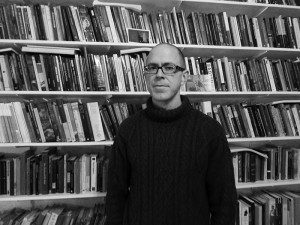
‘Can life without memory be considered a meaningful existence?’ asks Dr Charles Scerri (Malta Dementia Society, and Department of Pathology, University of Malta). Dr Scerri researches dementia. He is currently examining which physical environments and what sort of psychosocial wellbeing can improve life in local dementia hospital wards. In fact, Dr Scerri reports that today there are over 44 million people suffering from some form of dementia. That is around 100 times the Maltese population. He asks, ‘what type of society can we end up with if we are wholly made up of individuals with no past and an uncertain future?’
With more people relying on new media technology to record information and experiences, Dr Scerri’s question faces a future society where media could replace memory. ‘It would be short-sighted to think that new media will have no long-term influence on the complex nexus of personal and cultural memory’, says Dr James Corby (Department of English, UoM).
Photography already acts as a surrogate for memory. But, it does not stop there; theorist Roland Barthes goes one step further saying how photography can capture details missed by the human eye. As developers of new media strive to enhance experiences, more users are adopting them. In the final quarter of 2012 alone, Apple sold 37.4 million iPhones. This smartphone, equipped with HD video, an in-built camera, calendar, and interactive 3D map helps people capture memories and avoid having to remember appointments or directions. It even comes with Siri, your own ‘personal assistant’, to use Apple’s words.
Despite these abilities, Dr Corby is sceptical. As a researcher working on the interfaces between literature, philosophy and culture, Dr Corby thinks that the rich tradition of the humanities should inform debates about cultural memory. ‘The idea that a facility to record memories leads to the diminishment of personal memory is by no means a new idea. Indeed, it is precisely the accusation that, in Plato’s Phaedrus, Socrates makes against writing.’ Writing did not steal our ability to remember and neither should new technologies.
“You can never really know if what she’s saying is true because her memories are not always real”
So what would happen if old or new media failed us? When the accounts office of the family business burned down, Mike could relate to his grandmother’s anxiety due to her lack of personal memory. All the accounting records, invoices, transaction records, and overseas payments were destroyed. The accountant was so shocked that he still will not enter his old office after 15 years.
The accountant had to keep paper records. There was too much information to remember and they couldn’t memorise it all. Although they recorded the information they still lost it in the fire.
| More about Alzheimer’s in Malta |
 Dr Scerri has collaborated with the Department of Pathology to launch the Alzheimer’s Disease Research Group (University of Malta). Their objective is to gather several multidisciplinary professionals to ‘promote and facilitate research and scientific collaboration in Alzheimer’s disease and other forms of dementia’. Together with Trevor Zahra, he recently released the publication X’ħin hu? Fatti dwar id-dimensja (What time is it? Facts about dementia). Dr Scerri has collaborated with the Department of Pathology to launch the Alzheimer’s Disease Research Group (University of Malta). Their objective is to gather several multidisciplinary professionals to ‘promote and facilitate research and scientific collaboration in Alzheimer’s disease and other forms of dementia’. Together with Trevor Zahra, he recently released the publication X’ħin hu? Fatti dwar id-dimensja (What time is it? Facts about dementia). |
We all risk losing both valuable information and the recollection of experiences. So what would happen if Malta became a nation of people without a memory of important events? For Dr Corby, a society which relies on new media and less on memory ‘might then lead to a complete eliding of any difference between personal memory and an increasingly undifferentiated surfeit of readily available cultural memory — a sort of technologised and globalised cultural eidetic memory’.
There’s also the possibility that media such as photographs could lead to the creation of cultural memories which never took place. ‘I imagine false memory to be the norm—it would be naïve to think that the visual representation of a culture […] is free from ideology’ says Dr Corby. Our national identity will instead be formed around uncertain events.
Joe Rosenthal’s photograph of American soldiers raising the American flag on Mount Suribachi on the island of Iwo Jima signifies a moment of national pride for Americans. Few Americans are aware that the photograph shows the flag being raised for a second time. The first flag was too small but the second larger flag would be seen by incoming ships.
Similarly, on the 4th floor of a nursing home, an old woman recalls how the nurses refused to take down the Christmas decorations. In her room, there was only a lone poppy. ‘She often creates stories in her head’, says Mike. ‘You can never really know if what she’s saying is true because her memories are not always real.’
‘Memories are created by altering a set of connections between brain cells so that one cell stimulates the others,’ says Jonah Lehrer, Wired Magazine. By creating memories, we are literally rewiring our brains. Every time a memory is recalled, the connection between brain cells is restructured and the memory altered depending on the stimuli of the current situation. This means that whilst media may fail us, so might our memories.
Will a nation inevitably make the same mistakes because its people cannot remember past experiences or because they replace them with false ones? When asked how memory recall can be assisted, Dr Scerri acknowledges that media is a useful tool in improving memory, as ‘memory albums are extremely valuable for individuals with dementia in facilitating memory events and in reducing anxiety and confusion’. Perhaps these tools can help Mike’s grandmother.
*Names have been changed to protect the identity of the people mentioned in the article.
Giulia Bugeja is part of the Department of English Master of Arts programme.
Look out for an in-depth feature on dementia in the next issue.
The left brain is logical, the right side is creative
In the 1960s, psychologists Roger Sperry and Michael Gazzaniga performed experiments on patients who had the connections between the left and right side of the brain cut as an extreme treatment for epilepsy. They stimulated each side of the brain separately and asked patients to draw, arrange blocks, talk about their emotions, and so on. These simple experiments proved insightful but misguided.
From their experiments they concluded that the left hemisphere was logical, rational, and good with numbers (the scientist), the right hemisphere was creative, imaginative, and took in the big picture (the artist). This overly simplistic reasoning is drowning out the real beauty of our brain. The real deal is a lot more complex. Take speech. Classically, the left side of the brain is meant to handle it all. Right-handed people do mostly use the left side, but left-handed people tend to use the right side. Imaging studies of brains show that the brain lights up like a firefly using multiple areas for speech. Most complex actions need multiple brain areas.


